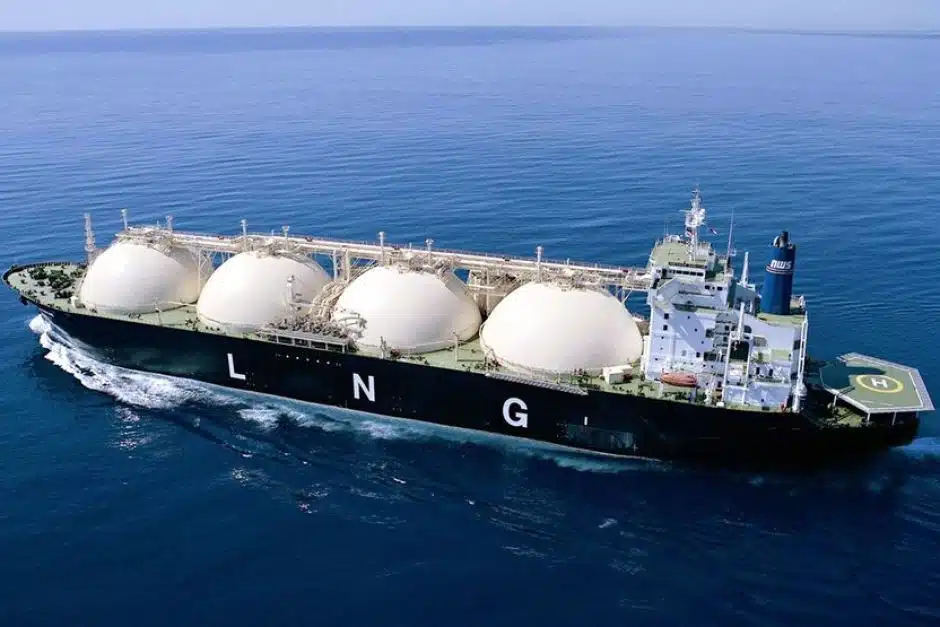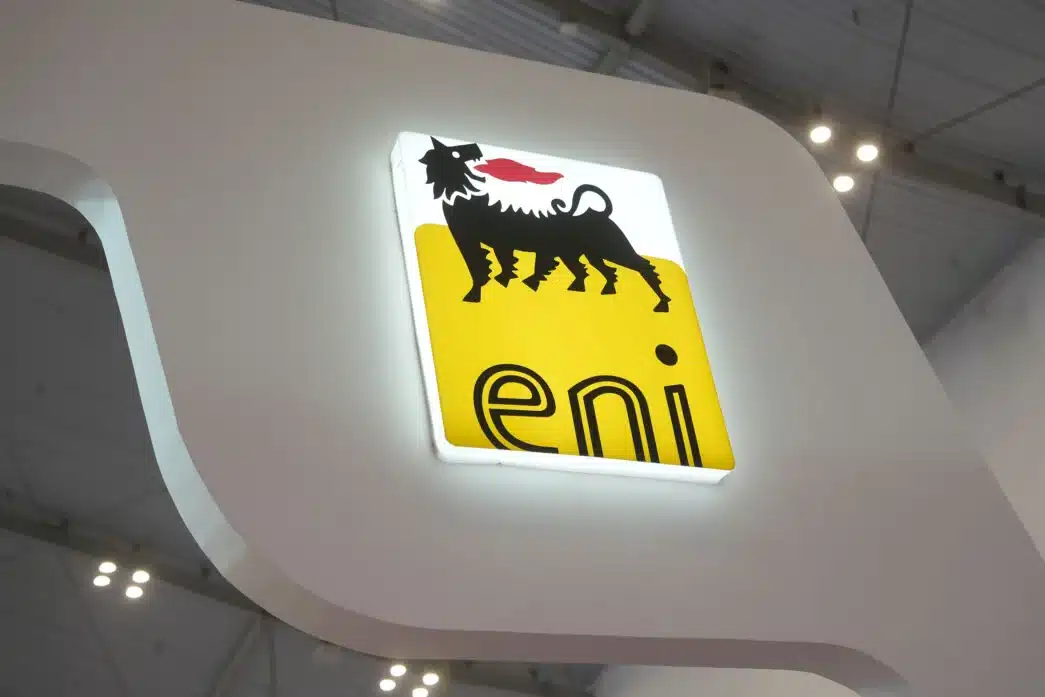Nigeria’s oil sector is set for a major regulatory shift as its federal government prepares to implement a real time tracking system for crude oil export cargoes, aiming to curb theft and boost revenue.
The new framework will require oil producers to secure an export permit, vessel clearance, and a unique cargo identification number before any shipment can leave the country, according to draft the new regulations.
The Nigerian Upstream Petroleum Regulatory Commission (NUPRC), which oversees the oil and gas sector, stated that the regulation is designed to enhance transparency and accountability in crude exports.
A spokesperson for the commission said, “The new guidelines represent a significant step toward a more transparent, accountable and efficient oil export regime in Nigeria.”
Previously, exporters only needed to declare cargoes to the Nigeria Customs Service to obtain an export permit.
The revised regulation now mandates a more comprehensive process that allows the government to monitor export activities in real time, from terminal loading to delivery.
According to the commission, companies must now submit detailed shipment data in advance, including the name of the consignee, destination port, estimated time of arrival, cargo tonnage, and vessel details.
The regulation formally titled the Nigerian Upstream Petroleum Advance Cargo Declaration Regulation also introduces stiff penalties for non compliance.
Companies that fail to meet the documentation and clearance requirements risk fines of up to $20,000.
Legal and energy experts have welcomed the move, describing it as a long overdue upgrade to Nigeria’s oil monitoring system.
Ayodele Oni, an energy lawyer at Lagos based Bloomfield Law Firm, explained that the former process lacked real time capability. “This deficiency led to issues such as under reporting, theft, revenue loss and mismatches in export data,” he said.
Nigeria, which relies on oil for over 70% of its export earnings, has long battled with crude theft and illicit exports that drain billions of dollars from state revenue.
Government data shows that the country loses around $1 billion annually to oil theft and under declared exports.
With this new approach, the NUPRC aims to restore confidence in Nigeria’s oil trade and improve the accuracy of production and export figures.
The policy is also expected to help the country meet global reporting standards and reduce the gap between actual production and declared exports.
I









